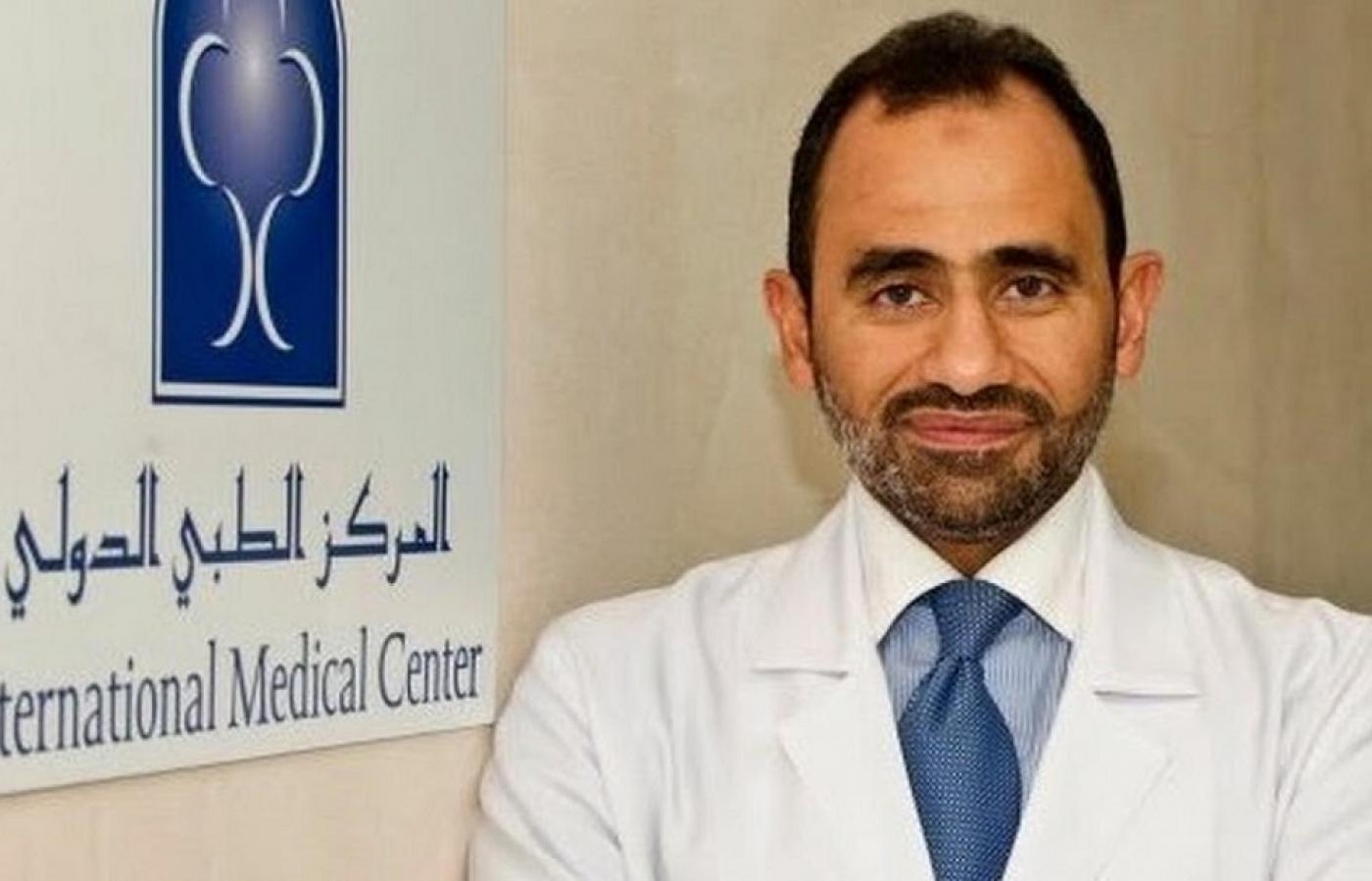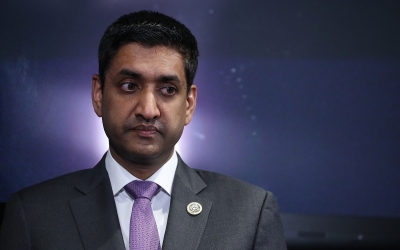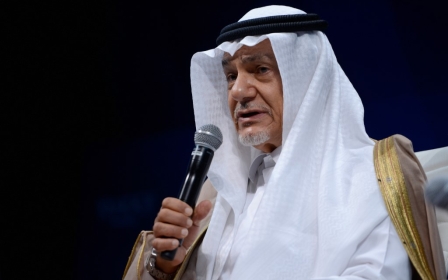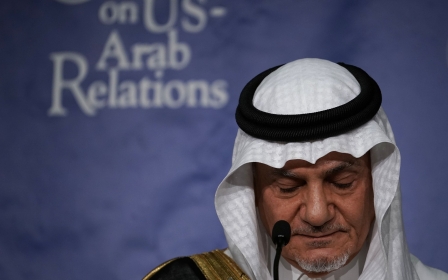Saudi Arabia sentences US doctor Walid Fitaihi to six years

In spite of pleas by US lawmakers and officials calling for his release, a Saudi court sentenced Walid Fitaihi, an American doctor, to six years in jail, the New York Times and the Washington Post reported on Tuesday.
He was facing politically motivated charges including acquiring US citizenship without the kingdom's approval.
Fitaihi, a Saudi-American physician and wellbeing expert with a large social media following, was arrested in November 2017 as part of the so-called "Ritz Carlton purge" that saw the detention of dozens of Saudi royals and businessmen.
He was released temporarily last year pending trial, but authorities imposed a travel ban on him and his family.
The US State Department voiced dismay about the ruling on Tuesday, saying that Secretary of State Mike Pompeo has "continually" engaged with the kingdom on human rights.
"We are disappointed to hear of the sentencing of Dr Walid Fitaihi and are seeking a full understanding of the ruling against him," a State Department spokesperson told MEE.
"As the secretary has said, we continually engage the Kingdom of Saudi Arabia on human rights reforms, including the need to allow freedom of expression and peaceful activism."
Fitaihi's American lawyer, Howard Cooper, said he could not confirm the six-year sentence against his client, but said it would be "outrageous" if true.
"It is a terrible and outrageous injustice that a supposed American ally would imprison a United States citizen for what amounts to basic free speech, assuming the news report is true," Cooper told MEE in a statement.
"Dr Fitaihi is a healer. He is not a political figure. Our leaders must demand that he and his family be allowed to come to the United States immediately."
Trump administration efforts
Despite the Trump administration's cosy ties with Saudi Arabia's rulers, US officials have previously urged the release of Fitaihi.
In February, Pompeo vowed to call for Fitaihi's release during a trip to Riyadh.
"I'm sure I'll bring up that issue and a wide range of human rights issues as well," Pompeo said at the time when asked whether he would address the doctor's trial.
'The prison sentence of Dr. Fitaihi is a travesty that should be universally condemned'
- Patrick Leahy, US senator
"Each of the visits I've had to the kingdom during my time both as the CIA director and as secretary of state we’ve raised these important issues, the issues that matter a lot to the American people."
In a news conference with Saudi Foreign Minister Faisal bin Farhan in October, Pompeo again called for granting Fitaihi and his family the freedom to travel.
"We discussed today our concerns about American citizens, and we asked for lifting the travel ban on Dr Fitaihi," Pompeo said.
Fitaihi, a Harvard-trained doctor, has been tortured in detention, his family members have said.
While he has previously tweeted in support of freedom of expression, Fitaihi's social media accounts, which boast millions of followers, are apolitical. His commentary is largely focused on physical and mental health.
In September, David Schenker, assistant secretary of state for near eastern affairs, told reporters that he regularly brings up the cases of Fitaihi as well as detained feminist activist Loujain al-Hathloul with his Saudi counterparts.
"Every time I engage with the Saudis, I raise the issues of Walid Fitaihi and Loujain al-Hathloul and others who have been imprisoned," Schenker said.
Lawmakers condemn sentence
US lawmakers of both major parties have also urged the US administration to push for Fitaihi's release.
On Tuesday, Republican Senator Marco Rubio denounced the sentence against the US citizen.
"Saudi-American Dr Walid Fitaihi was sentenced to 6 yrs in prison for 'illegally' obtaining US citizenship," the senator's press office said in a tweet.
"This is outrageous and if the Saudi gov't truly values the U.S.-Saudi relationship, then they should release him immediately and allow him to reunite with his family."
Senator Patrick Leahy, a senior Democrat, called the sentence a "travesty".
"The Saudi authorities have once again shown their willingness to trample on fundamental rights," the senator wrote on Twitter. "The prison sentence of Dr Fitaihi is a travesty that should be universally condemned."
Jim Risch, the Republican chair of the Senate Foreign Relations Committee, also denounced the jailing of the Saudi-American doctor.
"I am disappointed that Saudi Arabia sentenced American citizen Dr Fitaihi to six years in prison," he said. "This has been and will remain a challenge to the US-Saudi relationship. I encourage the Saudis to overturn this unjust sentence and drop all charges."
Sarah Leah Whitson, the executive director of Democracy for the Arab World Now (DAWN), linked the timing of the jailing of Fitaihi with the expiry of Donald Trump's term next month. President-elect Joe Biden has vowed to "reassess" Washington's relations with Riyadh.
"The Saudi government’s sentencing Fitaihi, like sending al-Hathloul and other activists back to terrorism court for prosecution, is a naked effort to gather chits the government can offer up as concessions to any demands for 'reform' from the Biden administration," Whitson told MEE.
"It’s clear the Saudi government has no actual interest in reform and refuses to recognise that arresting, torturing, even killing peaceful reformers are bad actions that need to end."
This article has been updated to reflect remarks by the US State Department.
Middle East Eye delivers independent and unrivalled coverage and analysis of the Middle East, North Africa and beyond. To learn more about republishing this content and the associated fees, please fill out this form. More about MEE can be found here.





